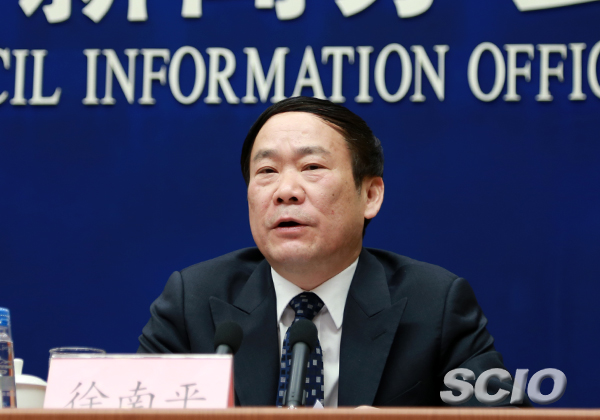China to invest more in building hi-tech agricultural demonstration zones
Agriculture has long been a vital sector in Chinese society. However, due to limited arable land, a large population, and a dwindling farming workforce, agriculture has lost its competitiveness domestically, against industry and service sectors, and also internationally because of a technological disadvantage. The State Council recently released a guideline on building more high-tech agricultural demonstration zones to turn things around.

A hard, but vital job
China has only 7 percent of the world's total arable land, 60 percent of which is arid or semi-arid and around 82 million acres (500 million Mu) are saline or alkaline. All these factors are thwarting domestic agriculture development.
"Comparing to less developed countries we are losing our advantage. And compared to developed countries, we are not competitive enough because of a low tech level," says Xu Nanping, the Vice Minister of China's Ministry of Science and Technology, at a press conference. "The only way out of this is innovation."
Agricultural High-tech Industry Demonstration Zones
China's State Council established the Yangling Agricultural High-tech Industry Demonstration Zone, the first of its kind, in 1997. In the guideline released by the State Council recently, China aims to build a new series of such demonstration zones following Yangling's example by 2025.
"We want to make them high grounds for innovation, talents, and industry with international influence," said Xu.
Xu also hopes China can build at least one of these demonstration zones in each province. However, he also stresses that quality is the more important thing here.
"Our standard should be high, if they can't do it well, then don't do it at all," he said. "Which province goes first? We need to see how hard they are working and how well they are doing their jobs."
Talent = innovation
The guideline lays out several measures to raise the tech level of the future high-tech agriculture demonstration zones, including investing in tech company incubators, building secondary schools and research institutions, and training professional farmers, while raising their skill level. A high priority has also been placed on building human capital.
One of the biggest challenges facing rural China today is a diminishing workforce as people are moving to big cities in search of more lucrative opportunities. Xu says technology will bring talents back to rural China.
"Good technology brings investment, and investment brings talent. This way we can put a stop to loss of talent."